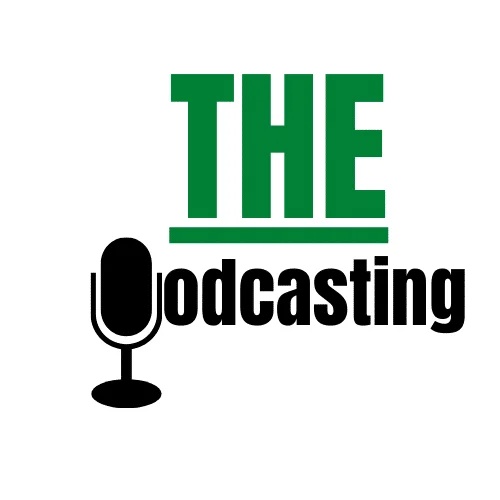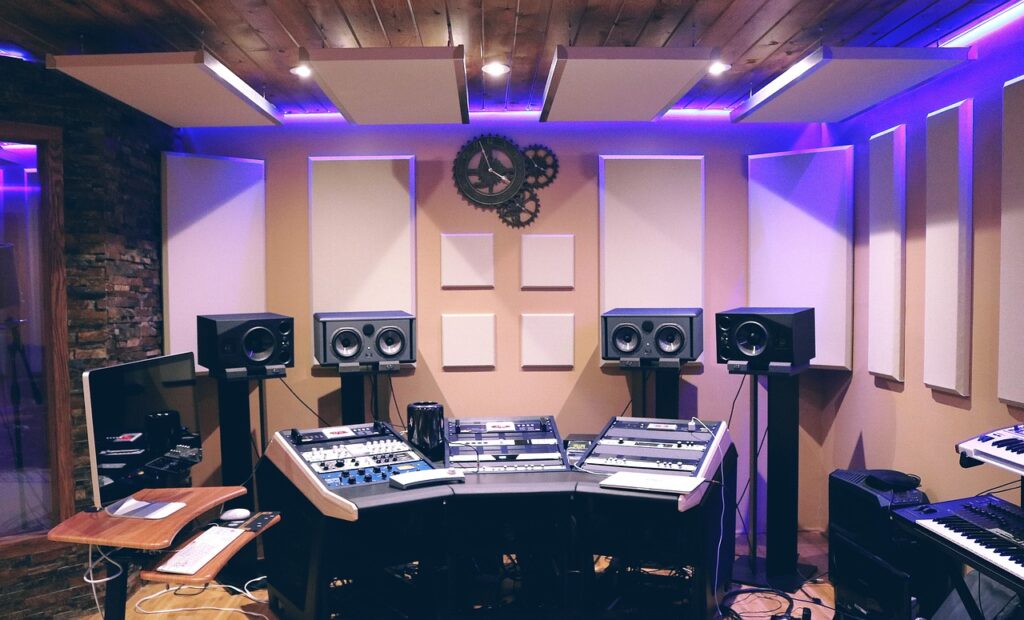Podcasting has become an increasingly popular medium for sharing your thoughts, ideas, and stories with the world. Whether you’re a professional podcaster or just starting out, having the right equipment is essential for creating high-quality content that will engage your audience. One of the most important pieces of equipment for any podcaster is a digital audio recorder.
“Podcasting’s Top 10: The Best Digital Audio Recorders of the Year”
A digital audio recorder is used to capture audio content and save it in a digital format. It can be used to record your voice, music, sound effects, and more. Digital audio recorders come in a variety of shapes and sizes, and offer different features and capabilities. Choosing the right recorder for your podcast can be a daunting task, especially with so many options available on the market.



